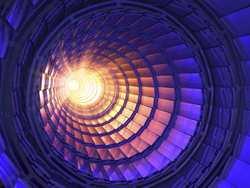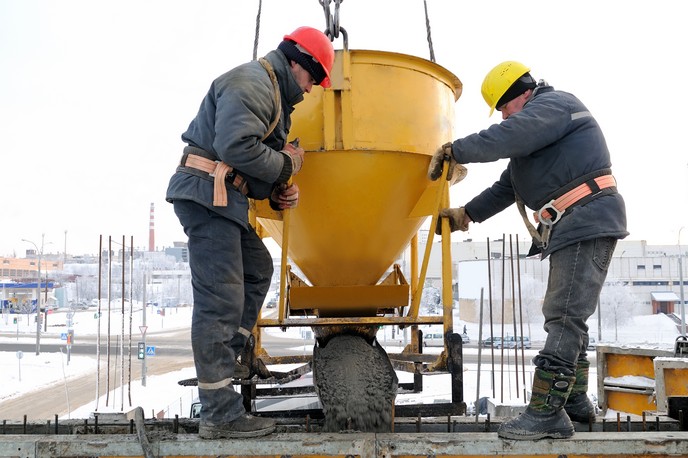Preparing a unique particle accelerator
Particle accelerators propel sub-atomic particles to extremely high energies via electric or electromagnetic fields. In basic research, they facilitate collisions with other particles to generate entities difficult to find in nature or only predicted to exist. Use of particle accelerators can thus open a unique window into the history and behaviour of our Universe. The second-generation System On-Line Production of Radioactive Ions (SPIRAL2) linear particle accelerator facility will produce the only beams of their kind in the world. It will provide insight into exotic nuclei and thus foster the exciting discovery of new properties of matter. The EU-funded project 'SPIRAL2 preparatory phase' (SPIRAL2PP) established the consortium agreement for development that will lead to construction and operation of the facility. Scientists from 25 partner institutions representing the EU and Israel joined forces to address the critical and complex financial, legal and organisational issues of the SPIRAL2 facility. The Memorandum of Understanding for the SPIRAL2 construction was approved by all project members and new funding partners were recruited. Eighty percent of baseline costs are covered by the Region Basse-Normandie and French funding agencies — the French National Centre for Scientific Research (CNRS) and the French Alternative Energies and Atomic Energy Commission (CEA). However, the remaining funding was partially secured due to the success of the preparatory phase. Technical considerations were numerous and collaboration fruitful. The consortium produced a prototype, a preliminary design, a conceptual design and cost estimate for new experimental facilities and detectors. With emphasis on scientific instrumentation, the project attracted new partners leading to international bilateral agreements with numerous countries such as USA, India and China. SPIRAL2PP technology has increased the technical potential of many important and related European and international projects. Construction and operation of SPIRAL2 is expected to shed light on some of the most intriguing questions in physics and astronomy from the nuclear cohesion of forces and fundamental interactions to the nuclear matter of stars.




